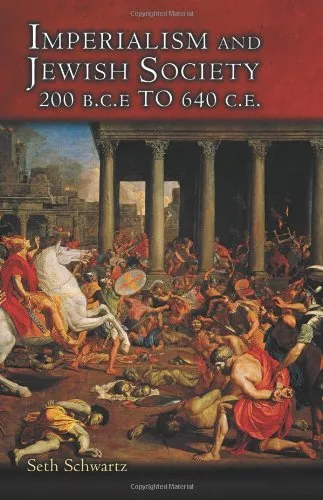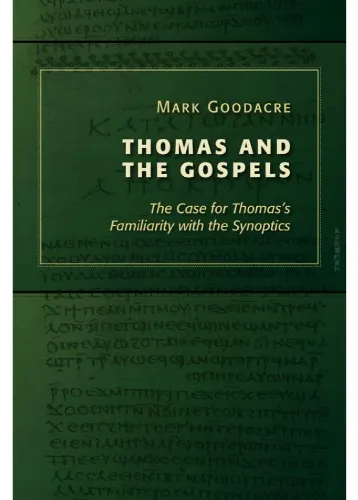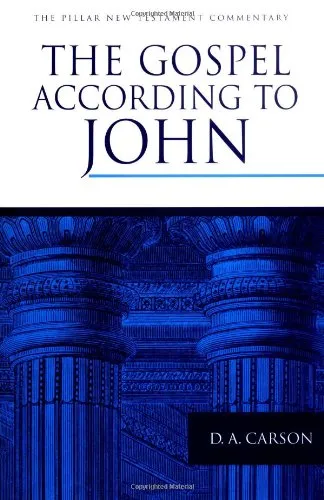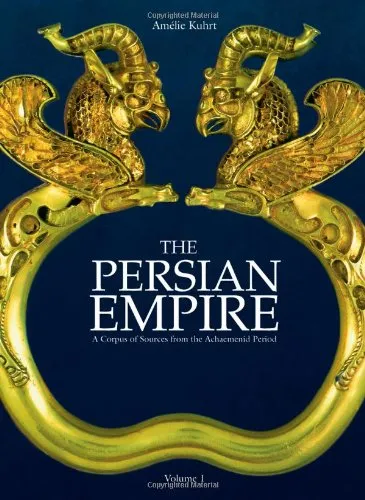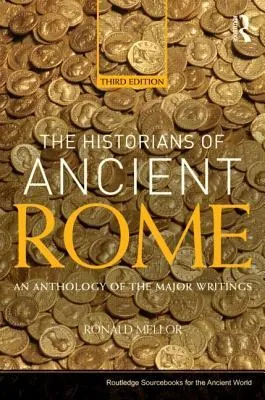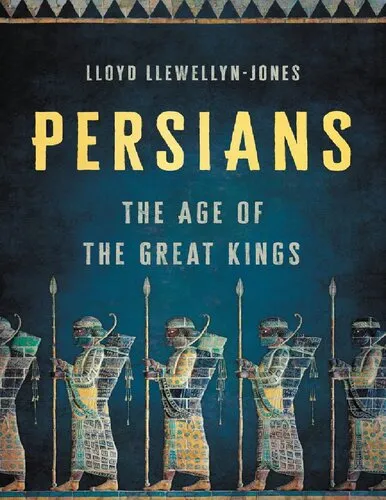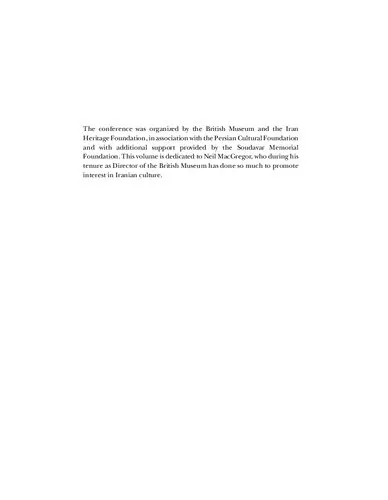Imperialism and Jewish Society: 200 B.C.E. to 640 C.E. (Jews, Christians, and Muslims from the Ancient to the Modern World)
4.5
Reviews from our users

You Can Ask your questions from this book's AI after Login
Each download or ask from book AI costs 2 points. To earn more free points, please visit the Points Guide Page and complete some valuable actions.Related Refrences:
Introduction
Welcome to an intellectual journey through ancient Jewish history, as explored in the book "Imperialism and Jewish Society: 200 B.C.E. to 640 C.E." This study delves into the profound influences of various imperial regimes on Jewish society over several crucial centuries. As part of the esteemed series, "Jews, Christians, and Muslims from the Ancient to the Modern World," this volume offers a comprehensive analysis that is both thought-provoking and enlightening.
Detailed Summary of the Book
The book meticulously charts the evolution of Jewish society under the dominion of empires such as the Persian, Hellenistic, Roman, and Byzantine administrations from 200 B.C.E. to 640 C.E. Seth Schwartz's work advocates that Jewish history during this period cannot be fully understood independent of the imperial contexts in which it existed. The narrative commences with the Persian empire's influence, providing the backdrop for the Hellenistic cultural infiltration.
Schwartz emphasizes the inevitable interaction between Jewish communities and their imperial rulers. The integration into the Roman empire introduced structural and sociopolitical shifts, significantly affecting Jewish religious and social practices. Key events like the destruction of the Second Temple in 70 C.E. were pivotal, altering Judaism's landscape from a temple-centered faith to Rabbinic Judaism.
The book further investigates how these empires affected Jewish identity and practices, juxtaposing continuity against adaptation. Schwartz suggests that Jewish society experienced a degree of cultural and religious integration, yet maintained a distinct identity that would eventually contribute to the survival and transformation of Judaism, especially through the Rabbinic movement.
Key Takeaways
- The book highlights the profound impact of imperial rule on the social, religious, and political structures of Jewish society.
- It emphasizes the dual forces of assimilation and differentiation within Jewish communities under imperial regimes.
- The work illustrates the transformation of Judaism from a temple-based religion to a legal-moral-ethical system through Rabbinic leadership.
- Schwartz offers a new perspective by integrating aspects of political history with cultural and religious transformations.
Famous Quotes from the Book
"Understanding Jewish history requires acknowledging the fundamental impact of external imperial forces that shaped internal dynamics."
"The resilience of Jewish identity lies in its ability to adapt and reinterpret tradition in the face of change."
Why This Book Matters
"Imperialism and Jewish Society: 200 B.C.E. to 640 C.E." is more than a historical recount; it is a critical evaluation of cultural resilience and adaptation. The book is pivotal in understanding not only Jewish history but also offers insights into the broader implications of imperialism on cultural and religious identities. Through this scholarly lens, Schwartz provides readers and historians with a nuanced understanding of how dominant powers impact colonized societies, and the spectrum of responses these societies develop, ranging from resistance to assimilation.
Moreover, the book's integration into the broader narrative of world history makes it a crucial resource for those interested in the intersections of empire, culture, and religion. Through an analytical narrative, Schwartz’s work stands as a testament to the complex dynamics between imperial powers and the societies they govern.
Free Direct Download
You Can Download this book after Login
Accessing books through legal platforms and public libraries not only supports the rights of authors and publishers but also contributes to the sustainability of reading culture. Before downloading, please take a moment to consider these options.
Find this book on other platforms:
WorldCat helps you find books in libraries worldwide.
See ratings, reviews, and discussions on Goodreads.
Find and buy rare or used books on AbeBooks.
1502
بازدید4.5
امتیاز0
نظر98%
رضایتReviews:
4.5
Based on 0 users review
Questions & Answers
Ask questions about this book or help others by answering
No questions yet. Be the first to ask!
